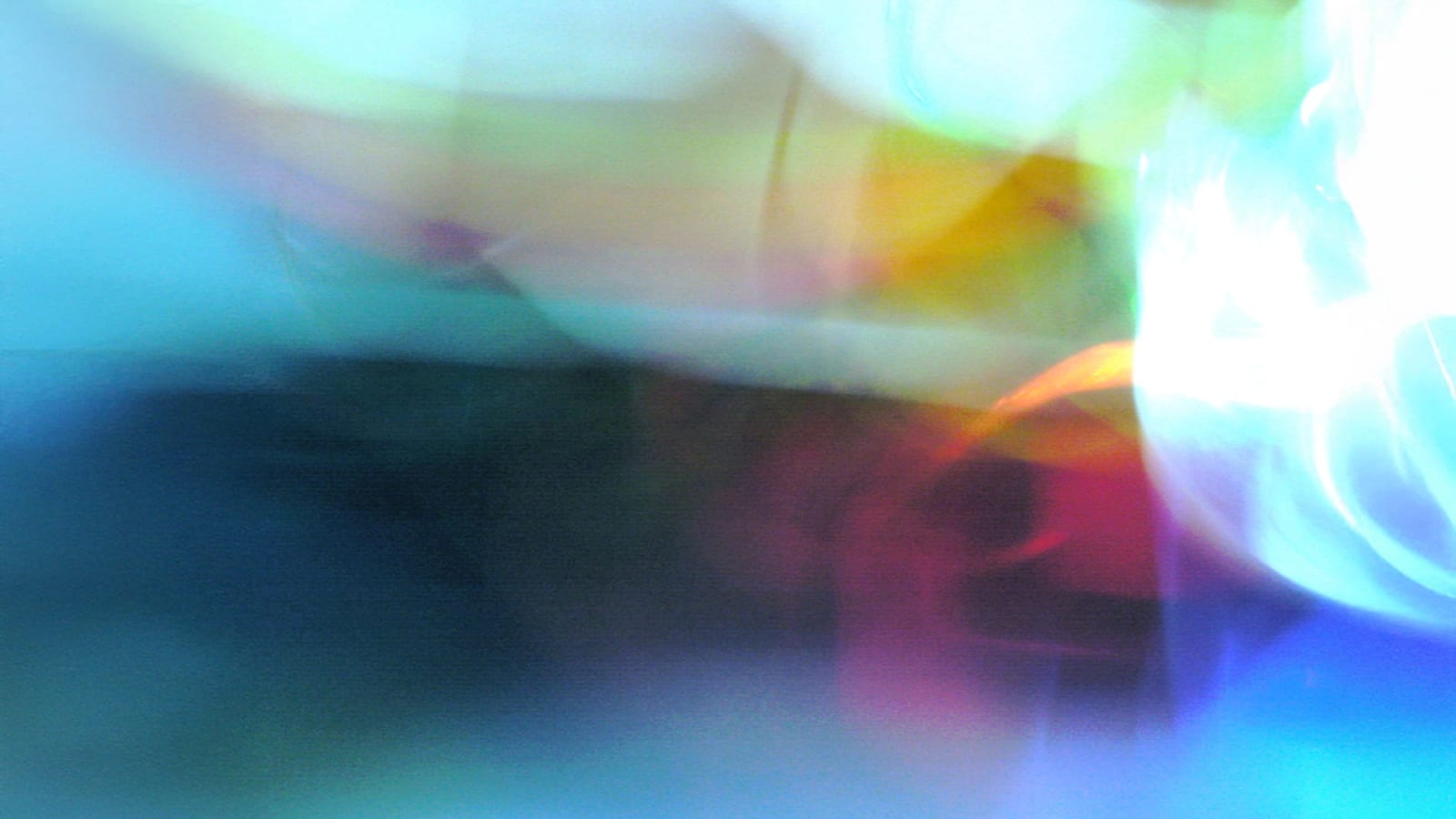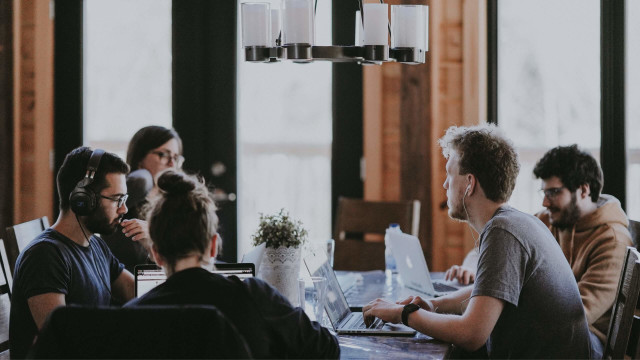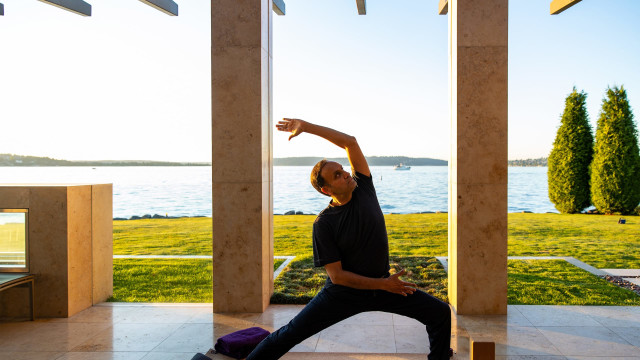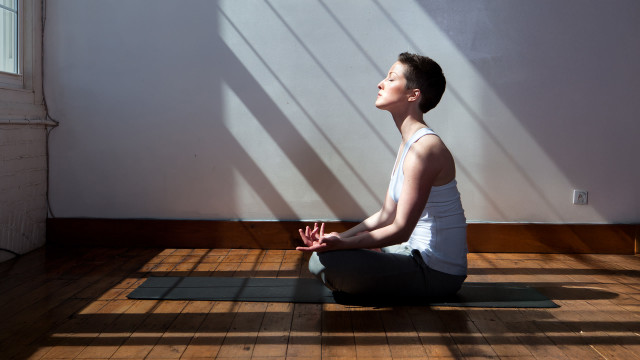Meditation Helps Me as an Artist

Miriam Parker grew up with parents active in the New York avant-garde art scene and later toured the world as a professional dancer. Her existence has always been intertwined with artistic endeavors — a background she brings to her work as a meditation teacher and yoga instructor. Here, she talks about the experience of beginner meditators, gaining confidence, and the surprising places she finds inspiration.
Q: How did you become introduced to meditation?
A: My grandmother, who comes from a Christian mysticism space, used to do it, so I used to go with my family once a week to practice. But I found it on my own through yoga and being introduced to Buddhism.
My life was at a significant turning point. Like many people, I had gone through a series of disappointments, and meditation felt like an operating system that made emotional sense.
Q:Why were you drawn to Buddhism?
A: Both my parents are artists, and I was a professional dancer; my first performance was at five years old, and to compete or be the best that I could be, I was asked to deconstruct and reconstruct. There's a basic understanding of the collective nature of Buddhism; things consist of parts, and they are not within themselves. The quality you experience, the experience of those objects, and people and places are not happening because those experiences live in those objects or areas; it's based on how your mind constructs parts and puts them together.
That's very in sync with any creative industry because you're learning how to create new narratives based on that flexibility. Any problem-solver understands there's always a way out; you have to learn how to bend your mind to do that.
Q: What tips do you have for beginning meditators?
A: The beginning stages of meditation will appear very similar to things you experience in the outside world. It's like visiting a new place; while some things may be familiar, you aren't quite at home. Meditation is not a complete washing out of everything and how you experience your waking life. Feel ease in knowing it might be very similar.
Replace the words "I'm going to meditate" with "I'm going to listen." After practicing to listen for some time, you're able to be the observer of an experience and no longer feel that experience becomes your identity.
One of the reasons people first start to meditate is they want to shake off a certain feeling that becomes attached to them, like skin. Once you observe it, it no longer becomes you — there is a you that is watching and, therefore, you can have a relationship where you can see it for what it is and not see it as something that will never end.
Q: Who's had the most significant impact on your work?
A: It changes, and I have a few teachers who are very close to me. Right now, the person who has a lot of influence over my practice is poet Fred Moten, who was named a 2020 MacArthur Fellow. He's one of my teachers, and he's not a meditation or Buddhist teacher. I'm finding a lot of inspiration and pleasure from people who aren't labeled as meditators. The ideas and way of living are the same to me — I'm very interested in translating meditation into other languages.
Q: What benefits have you received from meditating?
A: Steadiness would be an excellent way to put it, and I feel the clarity that comes with connection. It's created a Miriam that's not that affected by the shifts around me.
Try this free Roundglass course, A Modern Guide to Mindfulness by meditation teacher Curtis Smith, to help tap into your meditation practice.
Header photo: pixdeluxe/E+/Getty Images







